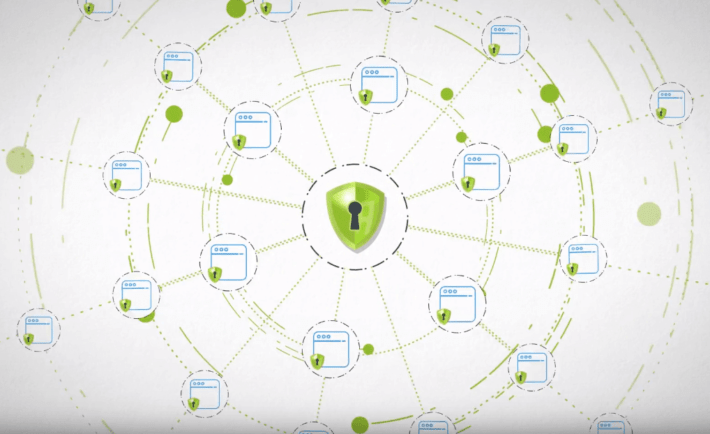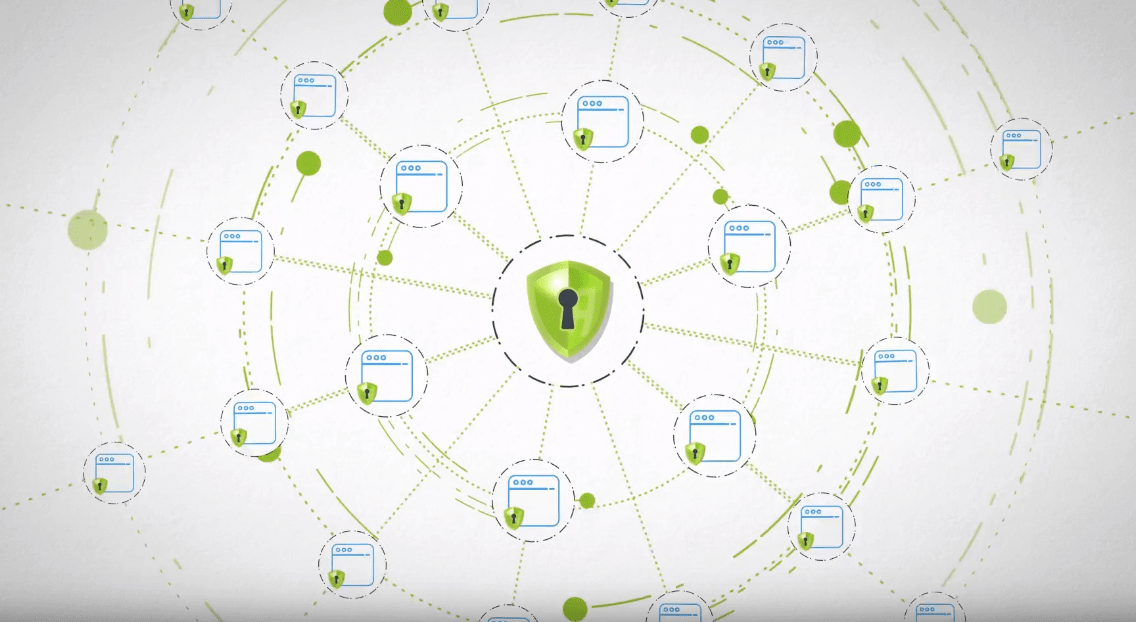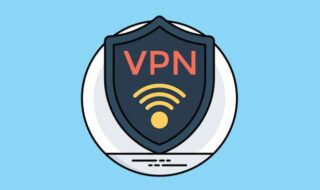
Internal Internets, or intranets, are becoming a frequent tool for authorities to restrain people’s internet privacy. They expect that intranets may be utilized as an alternative to the international Internet. Russia has recently shown interest in internal systems. The country intends to disconnect from the worldwide Internet in April 2019.

They have created their intranet to provide individuals and organizations a means to communicate together during times when international Internet is not offered. Russia intends to use the intranet as a communication option in case of the discovery of a kill-switch which could disconnect the country from international Internet to shield it by a cyberwar. Russia hopes that disconnecting in the international Internet would reduce the country’s attack . It would also allow it to defend its information and associations in the event of a major cyberattack.
The Negative Side of Intranets
Even though intranets can help protect states, complex infrastructures, and organizations, they have a negative side also. Intranets can act as an effective defense system in case of a cyberwar. But, they’re also used to limit people’s access to global information. The citizens utilizing the intranet might be connected within the country, however they Wouldn’t Have the Ability to access any information out of it
In case this situation became a reality, access to the outside world via the Internet would be absolutely cut off. Governments may use intranets to control and even monitor communication involving large groups of citizens inside the country. The whole idea of intranets goes contrary to the aims of several large U.S. companies such as Google, Apple, and Microsoft.
Can U.S. Tech Companies Operate in Intranets?
Google and other U.S. corporations are working to push their services into the Chinese market. Although the intranet coverage has become in their way, companies such as Apple and Google have demonstrated interest in the present Internet policies. Both the CEO of Google, Sundai Pichai, and also the CEO of Apple, Tim Cook, attended China’s World Internet Conference.
But it seems like the majority of U.S. technology businesses have selected to abide by regulations instead of to assist users access uncensored content. This explains why Apple eliminated over 25,000 software from the Chinese app store back in 2018 and why they removed certain VPN apps in 2017.
How to Prevent Internet Censorship
Despite the authorities’ efforts to censor specific forms of content and services on the world wide web, users can still access restricted content using virtual private networks (VPNs) through a program or a browser extension. It is an effective solution for bypassing restrictions and accessing services offered by U.S. businesses.

The process of triggering a digital private system is quite straightforward. Once you discover a trusted VPN supplier, download their program in your own device and link to one of the servers in almost any place you prefer. In this way the apparatus connected to this VPN is going to have the ability to access all services provided by companies situated in the U.S. or anywhere else on earth.
Besides removing content restrictions, a VPN will encrypt each bit of information that travels out of the device to the server. To put it differently, all text messages, calls, and even transactions that travel to and from your device will be encrypted and secured. Thus, this app can significantly improve the overall security of your digital devices and devices.
Internal Web systems may be one of the very best defense alternatives in the event of a global cyberwar. But, we must remember that governments are using intranets for other functions as well, mostly to track and control communication involving their citizens.
U.S. tech firms broadly urge Internet freedom, which goes against governments and organizations that stand behind national intranets. It is therefore likely that when these technology giants wish to conduct business in China or Iran, they might need to comply with their laws.
As for today, users located in countries with stringent online censorship will nonetheless have to use VPNs to access most of the services offered by U.S. tech companies.


